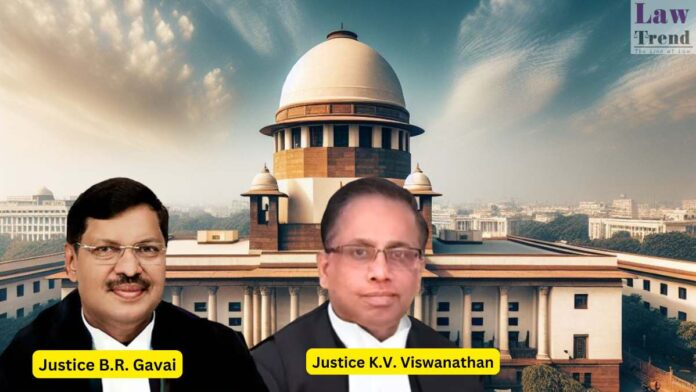The Supreme Court of India has overturned the conviction of George, accused in a 2015 murder case, citing a lack of concrete evidence and emphasizing that convictions cannot be based on conjectures and surmises. The judgment, delivered by a Bench comprising Justice B.R. Gavai and Justice K.V. Viswanathan, highlighted inconsistencies in the evidence and called
To Read More Please Subscribe to VIP Membership for Unlimited Access to All the Articles, Download Available Copies of Judgments/Order, Acess to Central/State Bare Acts, Advertisement Free Content, Access to More than 4000 Legal Drafts( Readymade Editable Formats of Suits, Petitions, Writs, Legal Notices, Divorce Petitions, 138 Notices, Bail Applications etc.) in Hindi and English.




